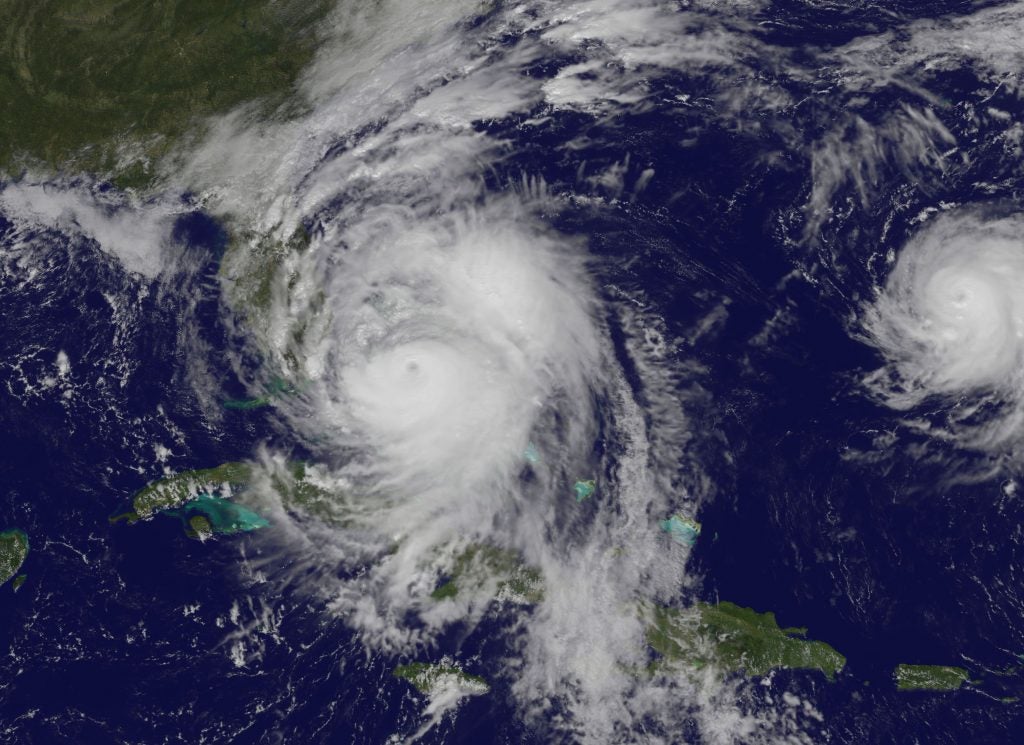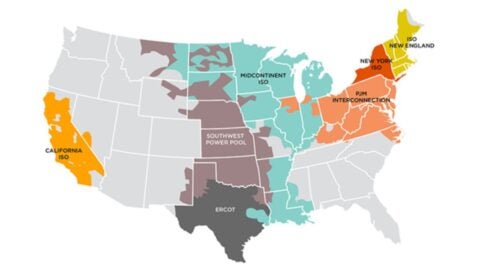Hurricane Matthew And Climate Change: What We Know So Far

As I write this, Hurricane Matthew is battering the Atlantic coast of Florida, having wreaked havoc on Haiti and the Bahamas. In Haiti hundreds lost their lives due to the Hurricane’s destructive winds and storm surge.
With half a million Floridians already without power even before Matthew makes landfall, there is sure to be significant damage in Florida and other portions of the southeast U.S. from this Category 3 storm, the first major hurricane to strike the U.S. since Wilma in 2005. Our first and highest priority is to help the victims and others in the path of the storm.
However, as with any destructive weather event, people are asking about the role of climate change.
We know that increases in sea level caused by climate change result in higher and more destructive storm surges, like the one that swamped lower Manhattan during Superstorm Sandy in 2012. Coastal towns suffer greater damage because the ocean starts out higher, and the storm shoves more water inland. Coastal states like South Carolina and Florida – and the rest of us through taxes and insurance rates – will pay billions as a result.
But what about the connection between climate change and the strength of hurricanes themselves?
Hurricanes are fueled by the warm waters of the tropical oceans, which have been warming as the result of increased emissions of greenhouse gases.
However, hurricanes are also impacted by wind shear – the change of wind speed and direction with height. For a hurricane to grow and strengthen it needs a low wind shear environment, and some research indicates that climate change may actually increase wind shear over the tropical Atlantic. And that’s the rub. When it comes to climate change and hurricanes, the warming oceans and increasing wind shear are in competition. Science is still working out which mechanism will dominate as the global climate continues to warm – so stay tuned.
But there is more to the story than just the relationship between the intensity or frequency of hurricane and global warming. Because the climate system is so complex, no storm happens in a vacuum. Scientists have been working on the issue of “attribution”— How much can we know about the link between specific storms and climate change? The organization Climate Central has also been working intensively in this area.
While we await attribution studies, we shouldn’t lose site of the bigger picture: we already know that climate change is doing tremendous damage to our environment and our economy. Citibank estimates the cost of inaction on climate change is in the trillions. So let’s first help those hurt by this storm, then focus on cutting the pollution that is causing so much damage to our world.












